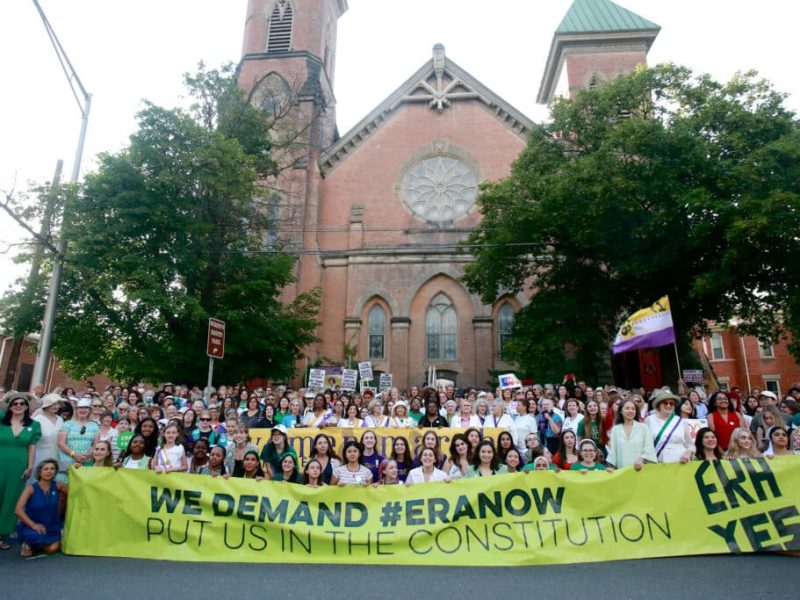
The American Dream — a bright future that gives immigrants hope for security and success upon arrival in the United States. Yet, over time, the American Dream has transformed from an open welcoming for all to a selective term catering to white privilege. As a result, immigrant women are often tossed aside, overlooked and undervalued. According to the Institute for Women’s Policy Research, approximately 21 million immigrant women currently reside in the US, yet they face a variety of challenges ranging from poverty and healthcare limitations, to abuse in the workplace.
According to the Bureau of Labor Statistics, there were 27.4 million immigrants in the US labor force in 2017, and 54.5% of them were women. Yet they often remain stuck in a vicious cycle preventing them from advancing in society. For example, female immigrants are more likely to work in production, transportation, and moving operations, rather than working in professional occupations. Their most common job is housekeeping; the cleaning industry is comprised of 88% women, including 49% Hispanic or Latino immigrants who earn an average of $32,000 annually, compared to US citizens who earn $39,000. Discrepancies such as these cause immigrant women to remain one of the largest victims of poverty. Adding the Equal Rights Amendment (ERA) to the US Constitution would help end these unfair practices.
The ERA is designed to guarantee equal legal rights between women and men regarding health care, job opportunities, and equal pay, among others. Specifically, the newly proposed ERA, states that the Equality of rights shall not be denied or abridged by the United States or by any State on account of sex (including pregnancy, gender, sexual orientation, or gender identity), and/or race (including ethnicity, national origin, or color), and/or like grounds of subordination (such as disability or faith). Neither the United States nor any State shall give force by law to disadvantages suffered by those whose equality rights are denied or abridged. By including the words ‘national origin,’ the ERA would help ensure that immigrant women would be entitled to safe and fair treatment, regardless of which country they were born in.
The lack of basic healthcare is also a challenge for many immigrant women. According to a 2016 Migration Policy Institute report, approximately 20% of immigrants were uninsured, compared to 7% of US born. Additionally, only 66.3% of immigrant women ages 18-63 are currently covered by their employer, compared to 84.6% of American-born women in the same age range. Further, immigrants who have lived in the US for five years or fewer are prohibited from enrolling in Medicaid, which offers some of the most basic and crucial health care services, including prenatal care.
Yet, it is not only immigrant women who suffer from these unfair practices. Since they now account for 40% of all immigrant business owners, and 95% of domestic workers, their labor contributions are invaluable to our nation’s families, as well as society as a whole.
It can be said that being a female citizen in America is challenging enough, due unfair wages, higher health insurance costs, sexual harassment on and off the job, and many other forms of gender discrimination. These issues are even more problematic for immigrant women, but the ERA can help put an end to that
The future is female. The future is the ERA.
 About the author: Kayla Seals Allers, a freshman at Spelman College, is a 2018 fellow in the Sy Syms Journalistic Excellence Program at Women’s eNews, funded by the Sy Syms Foundation.
About the author: Kayla Seals Allers, a freshman at Spelman College, is a 2018 fellow in the Sy Syms Journalistic Excellence Program at Women’s eNews, funded by the Sy Syms Foundation.


